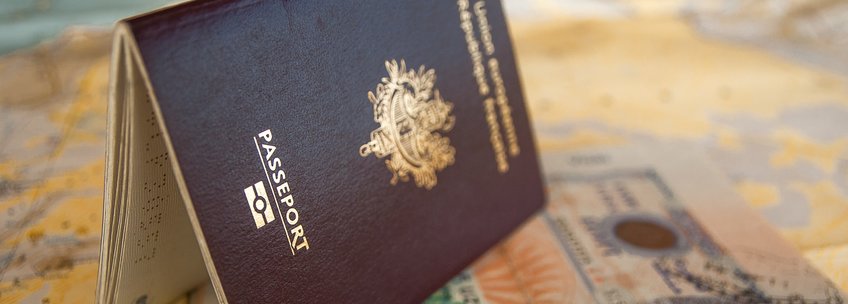
Visa
Citizens of an EU/EFTA member state can enter Germany without a visa. Citizens of all other states will
need a visa to enter Germany. As the application process might take up to several months it is necessary
to submit your visa application as soon as possible at the responsible German representation in your home country.
How to apply for a Visa?
In many cases a visa is required to enter Germany. This can be obtained from the German embassy in your home country. You should allow two to three months for the application process. Visas for family members who are traveling with you should be applied for at the same time.
You will find the addresses of the German missions along with details of visa requirements for citizens of your country and further information regarding the visa regulations on the following German Foreign Office web pages:
If you belong to one of the following groups, you do not need a visa:
Group A: Citizens of the European Union (EU) member states, Switzerland, Iceland, Norway, Sweden and Liechtenstein
Group B: The same applies to citizens of Australia, Israel, Japan, Canada, New Zealand, the Republic of Korea and the USA.
In general, a visa only entitles you to enter the country and remain for a period of 90 days. If you are planning a longer stay, shortly after arrival you should apply for a residence permit. This also applies to citizens of countries in Group B. For EU citizens, rather than a residence permit a so-called ‘Freizügigkeitsbescheinigung’ is issued on a relatively informal basis (literally, this is a Freedom of Movement Certificate, a document which confirms your status as an EU citizen).
What types of visa are there?
Dependent on the length of your stay in Germany, there are various types of visa:
National visa: This visa is valid for a stay – in Germany only – three months. If during your time in Germany you are planning to visit another country (e.g. for international conventions), please say so when making your visa application so that instead of a national visa you are issued another or additional type of visa. After entering the country you should, with your visa, apply to the local ‘Ausländerbehörde’ (Aliens’ Registration Authority) for a residence permit, since the national visa is generally issued initially for three months only.
Schengen visa: The Schengen visa is valid only for stays of up to three months and cannot be extended. For this reason, a Schengen visa is recommended for tourists (or interns), rather than for students and scientists who will remain in the country for a longer period.
§ 18d Forschervisum (research visa): Since 2020, specifically for research scientists, there has also been a “research visa”. Only specially licensed research institutions (the MPQ is one of them) and universities are permitted to take part in this procedure. The research visa can offer advantages in particular for researchers who bring their families with them, insofar as it simplifies entry, residence and mobility within the EU. Accompanying spouses will find it easier to obtain a work permit.
There are however certain conditions attached to the research visa: Your salary must be above a certain minimum level, and there must be a hosting agreement between you and the host institute. If you meet the § 18d statutory requirements, you will receive a hosting agreement direct from your institute which you can then use to apply to the competent German mission for a research scientist’s visa. Fore more information on the reserach visa, you can visit the German federal government website.
For more information please visit the MPG Website.